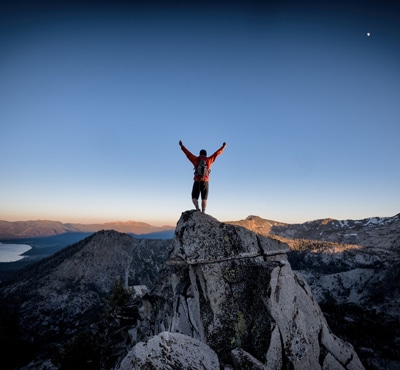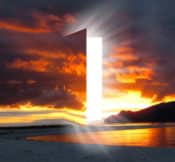Description
JACOB’S LADDER: HOW TO OVERCOME FEAR
A common question: Is it worth investing effort to reach great heights when there is a huge risk of failure? How many of us avoid trying too hard because we fear failure?
How many of us have felt that life’s disappointments have broken us to the point of no return? After falling again and again, how many of us simply don’t have the strength to try again, how many of us finally throw up our hands and say the effort to climb is not worth the pain.
Jacob’s famous dream, about which we read this week, carries a powerful lesson of hope and confidence – one which can help us overcome the fear of falling, get us to start climbing again, in order to reach a higher goal.
As well, Jacob’s courageous confrontation with his murderous brother Esau gives us a fresh perspective on the clash of civilizations swirling around us and the courage to face an uncertain future with the power of faith and the guidance of Torah.
A two-part sermon:
PART I: Courage to Climb
Part II: Courage to Face the Future
VISION: HOW TO SEE THE EXTRAORDINARY IN THE ORDINARY
Watch a beautiful sunset. Listen to a stirring symphony. Smell a delicate fragrance. Taste a delectable wine. Touch the soft cheek of a child. Those are our five senses at work – taking in and experiencing the aesthetics of our universe. But what else enters through our sensory doors? How stimulated – or over-stimulated – are we by the multitude of sights, sounds, smells, tastes and touches inundating our daily interactions? And what impact does it have on us?
Are we products, perhaps even victims, of the forces seducing our senses? Take television: Does anyone know the far-reaching effects that visual stimulation has on our psyches? How much is it de-sensitizing us, so that we can no longer see with the eyes of our soul and experience the more sublime aspects of our lives – the miracles in the everyday, the extraordinary in the ordinary, the divine in the mundane?
This week’s Torah reading tells of Jacob falling asleep in an ordinary place (or so he thought) and dreaming of something extraordinary – a ladder going up from earth to heaven, with angels ascending and descending, at the top of which he sees God. When he wakes up, he says, “God was truly in this place, but I did not know it.”
What does it mean to see God – to understand the Divine is right in front of us? And why is this so hard to discern that even the Patriarch Jacob missed it at first?
Why do we not see the Divine all around us? Why do we not see wonder in the commonplace? Why is ordinary so ordinary to us?
Because we have become complacent. We have lost our sense of adventure, our sense of enchantment at the mysteries brimming beneath and within every fiber of existence. We have allowed our youthful curiosity and enthusiasm to stop or slow down. But we can regain it.
We can look at a flower and – as the poet William Blake put it – see “heaven.” We can listen to a bird sing and hear the music of angels. We can gently caress the hand of our beloved and touch eternity.







Reviews
There are no reviews yet.